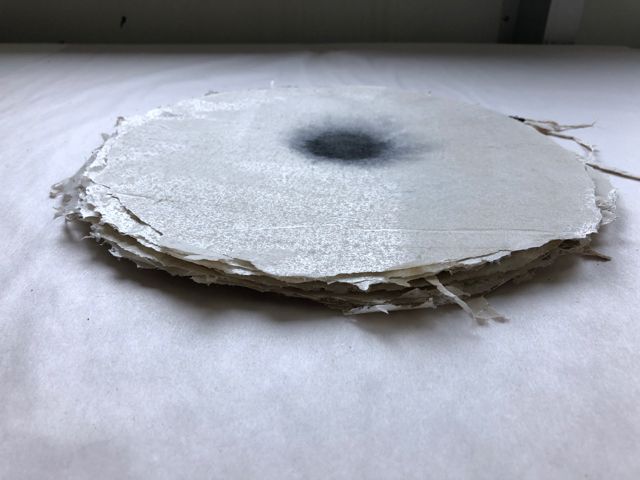

Chain of Ponds
Jude Roberts, Helen Hardess
9–26 Oct 2019
Drawing on Jude Roberts’ long-term connections to local communities, the artists’ immersion in the Maranoa and Warrego catchments reveal shared interests in contemporary discourses on land and water access and usage. Jude’s interest came from over twenty years on a pastoral property in the region. Helen Hardess’ metropolitan perspective was as an “outsider”, coming to an understanding of the histories and workings of agricultural practices in Australia. In July 2018 the artists returned to the Maranoa River, at the confluence of three water sources and a spiritual place for Gunggari peoples where they spent time with Elders and community to gain knowledge from the traditional custodians. The artists have since created work recalling histories, and considering shared futures for eco-systems in a changing climate and a time of contesting social issues. Chain of Ponds was a multi-media installation comprising works on paper, found objects, natural sediments and industrial materials, video, and cast and constructed objects.
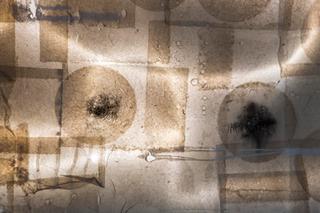

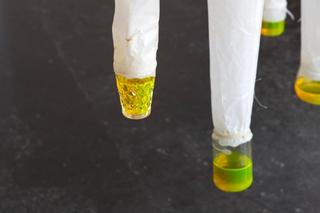

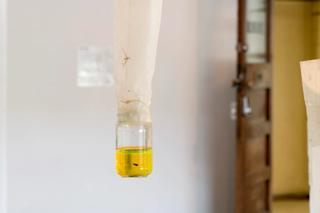

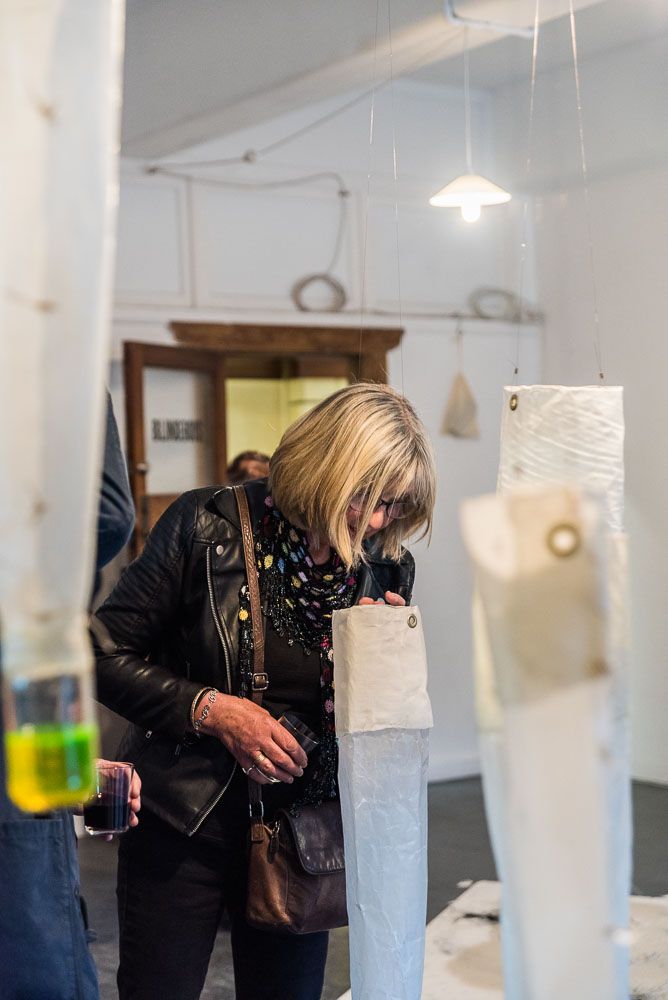





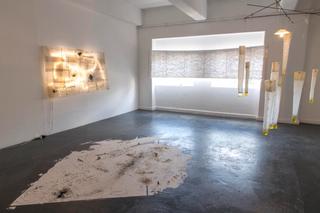

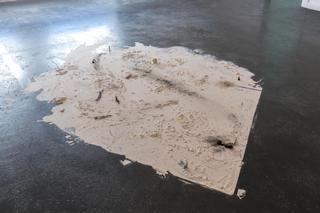

Chain of Ponds was part of an ongoing project stemming from field trips to Western Queensland in 2017 and 2018.
This program takes place on the land of the Wurundjeri people of the Kulin Nation. We recognise that sovereignty was never ceded - this land is stolen land. We pay respects to Wurundjeri Elders, past, present and emerging, to the Elders from other communities and to any other Aboriginal or Torres Strait Islanders who might encounter or participate in the program.
Jude Roberts completed a Doctorate of Visual Art in 2015 to focus on the changing landscapes of inland Australia and the history and connections to the water and land systems. Her works on paper and mixed media reveal something of the hidden interrelationships of the watersheds that we cannot visibly experience such as the artesian basins and springs.
Jude has taught across the mediums of drawing and print media in Brisbane and regional areas. She is passionate about sharing skills and creating work in different communities to contribute to the understanding and awareness of the subterranean and interconnecting water systems.
Helen Hardess investigates human activity and natural processes impacting on each other in shared environments. Creating spatial relationships between images and objects, she constructs physical / cultural geoscapes pointing to multiple histories, both natural and human. Value is placed on immersive experiences as part of an embodied process ranging between site, studio and gallery. Collaborative projects are seen as a way of enlarging and joining contemporary discourses on issues related to the environment, a changing climate, and humankind’s place within a larger natural world.
Related
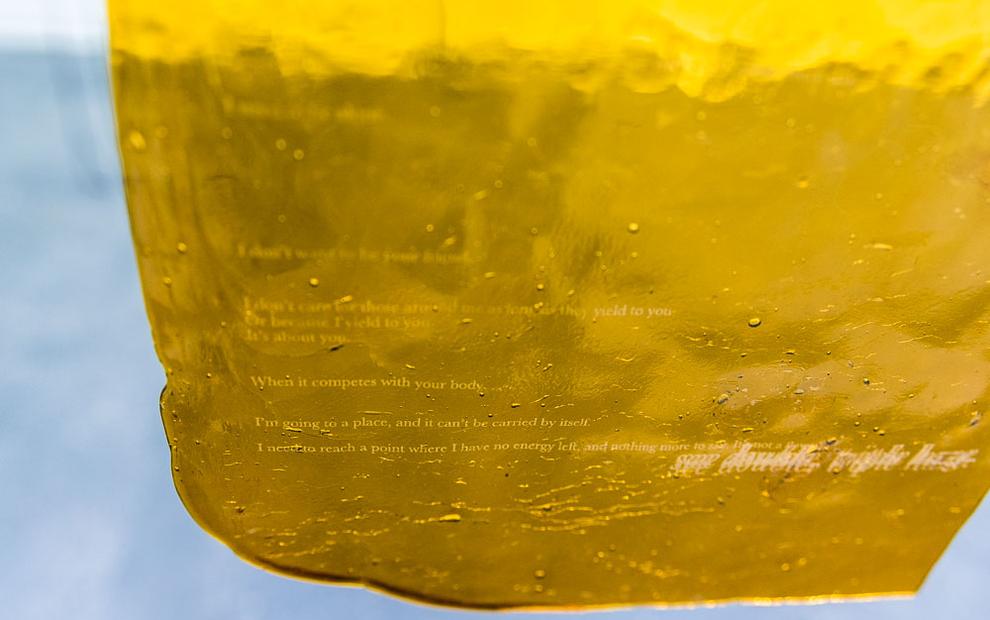
9–26 Oct 2019
Up, Down and Hold for 30
Darcy Smith
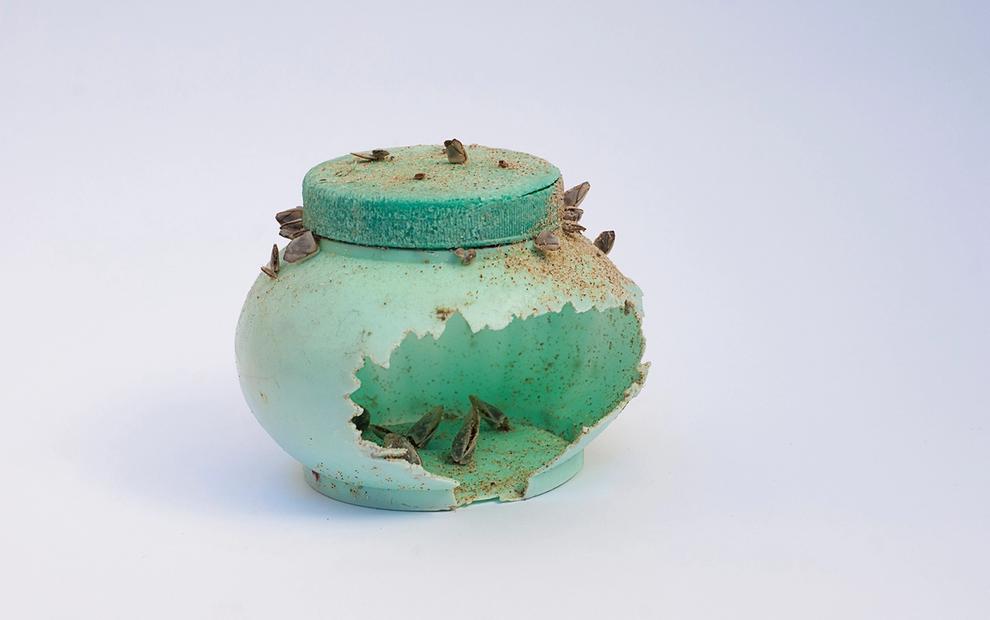
28 Aug–14 Sep 2019
Pelagic
Sara Retallick, Olivia Boyle, Jennifer Lavers
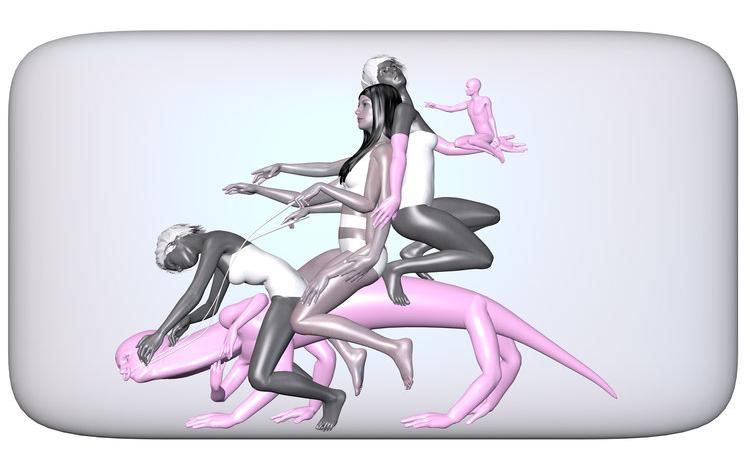
22 May–27 Jul 2019
New Intimacies
EO Gill, Sandrine Deumier








